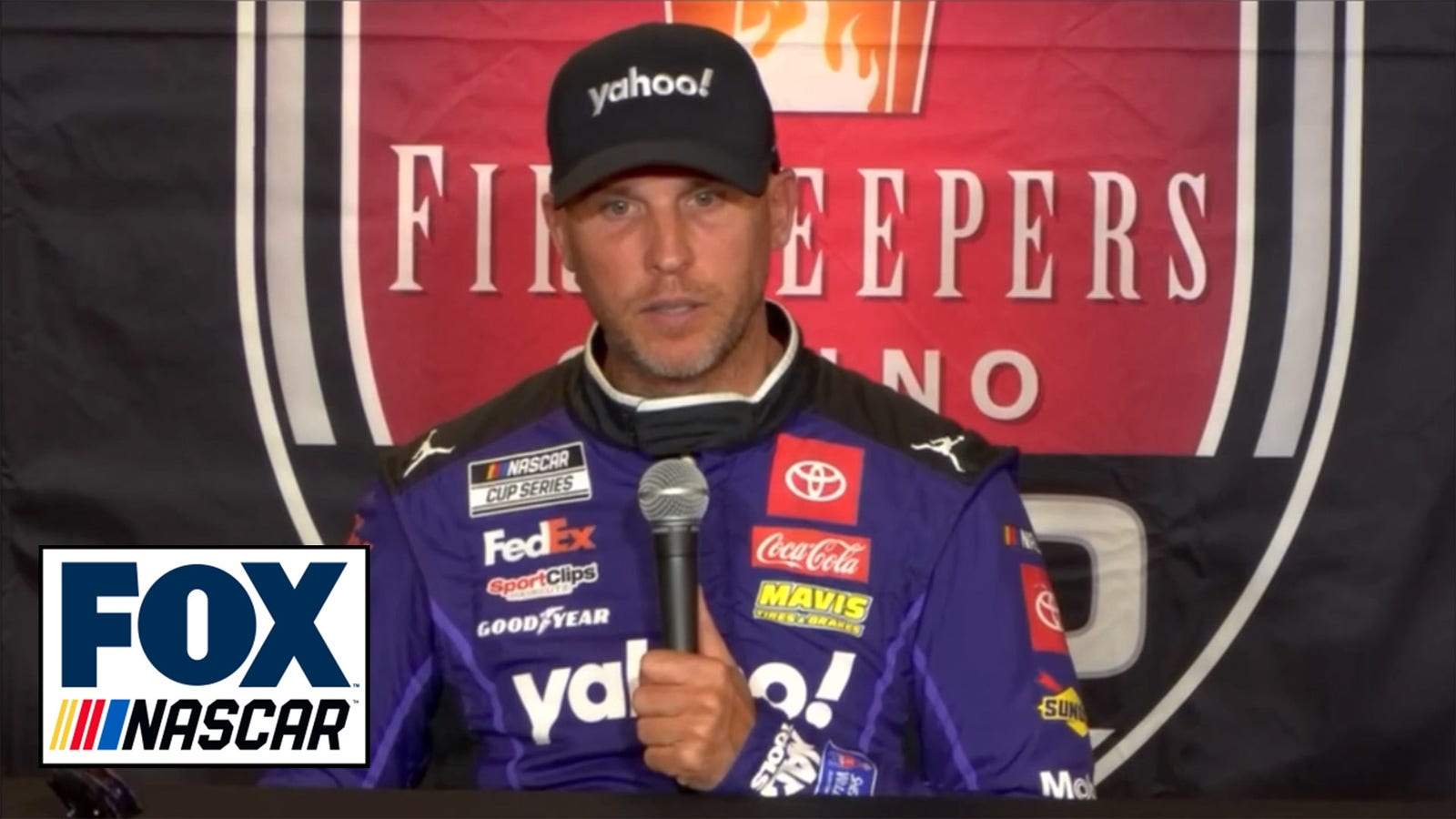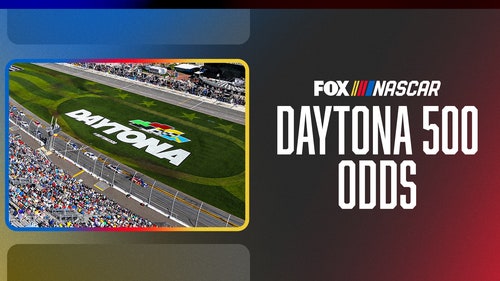
Rulebook wording makes Austin Dillon appeal a difficult quest
A NASCAR-appointed appeals panel ruling against Austin Dillon and Richard Childress Racing this week wasn’t much of a surprise.
NASCAR revoked Dillon’s automatic playoff berth associated with his Richmond win, where in the final turns, he got into the back of Joey Logano and then turned Denny Hamlin as they were side-by-side racing toward the finish line.
While NASCAR didn’t penalize Dillon in the moment, it penalized him a few days later with a 25-point penalty in addition to revoking the playoff bid. It cited rules that include:
--The ability, under its behavioral policy, to dock points and/or fine and/or suspend drivers for instances that include "wrecking or spinning another vehicle, whether or not that vehicle is removed from competition as a result" and "actions detrimental to stock-car racing."
--The wording in its general procedures, that it can penalize those if NASCAR "observes or is made aware of an act or omission by a NASCAR Member that constitutes a violation of the NASCAR Rules or that is detrimental to stock car racing or NASCAR. ... Actions detrimental to stock car racing or NASCAR is a subjective determination made by NASCAR."
--And then the wording in its playoff eligibility section that states; "Race finishes must be unencumbered by violation(s) of the NASCAR Rules or other action(s) detrimental to stock car auto racing or NASCAR as determined in the sole discretion of NASCAR."
In order for the appeals panel — a three-member panel of non-NASCAR employees appointed by a NASCAR employee who administers appeals — to overturn a penalty, it must determine that a violation did not occur or that the penalty was excessive. But if it determines a violation occurred, it cannot eliminate any section of the penalty, only adjust within the range in the rulebook.
There is no range when it comes to playoff eligibility. You either have it or you don’t. So it would be difficult, if they determine a violation occurred, to remove it as a sanction.
And in determining whether Dillon violated the rules, if it is in the sole discretion of NASCAR, then it is hard to argue that he didn’t. The argument could be made that NASCAR had not penalized contact for the win in previous instances, therefore setting a precedent that Dillon didn’t break the rules when it comes to wrecking another driver and NASCAR’s previous discretion was that these moves were not detrimental to the sport.
But to have two drivers wrecked by the winner — intentional or not — in the final turns of an oval is quite rare. Dillon has argued that he didn’t mean to wreck Hamlin, that he was just full throttle trying to get to the finish line. Hamlin says the data shows Dillon tried to get into him.
Certainly, data can be interpreted in a variety of ways, but the standard at a NASCAR appeal hearing is "more likely than not" — it is not "beyond a reasonable doubt." You will find few people in the garage who don’t wear RCR gear who believe that contact with Hamlin was purely unintentional.
RCR has to appeal. The difference of potential 15 spots in the standings between making the playoffs and where Dillon sits can mean more than $2 million in payouts as a team’s finish in the standings impacts how much NASCAR pays a team over the next three seasons. The difference in making the playoffs or not also could impact bonuses the team is due from sponsors.
But this situation isn’t an argument over a gray area in the rulebook or whether a part or piece is illegal. This is behavioral and NASCAR has wording in its rulebook that pretty much gives it full discretion. RCR will continue to face an uphill battle as it takes its appeal to NASCAR’s Final Appeal Officer, Langley (Va.) Speedway owner Bill Mullis, in the coming days.
Bob Pockrass covers NASCAR for FOX Sports. He has spent decades covering motorsports, including over 30 Daytona 500s, with stints at ESPN, Sporting News, NASCAR Scene magazine and The (Daytona Beach) News-Journal. Follow him on Twitter @bobpockrass.




